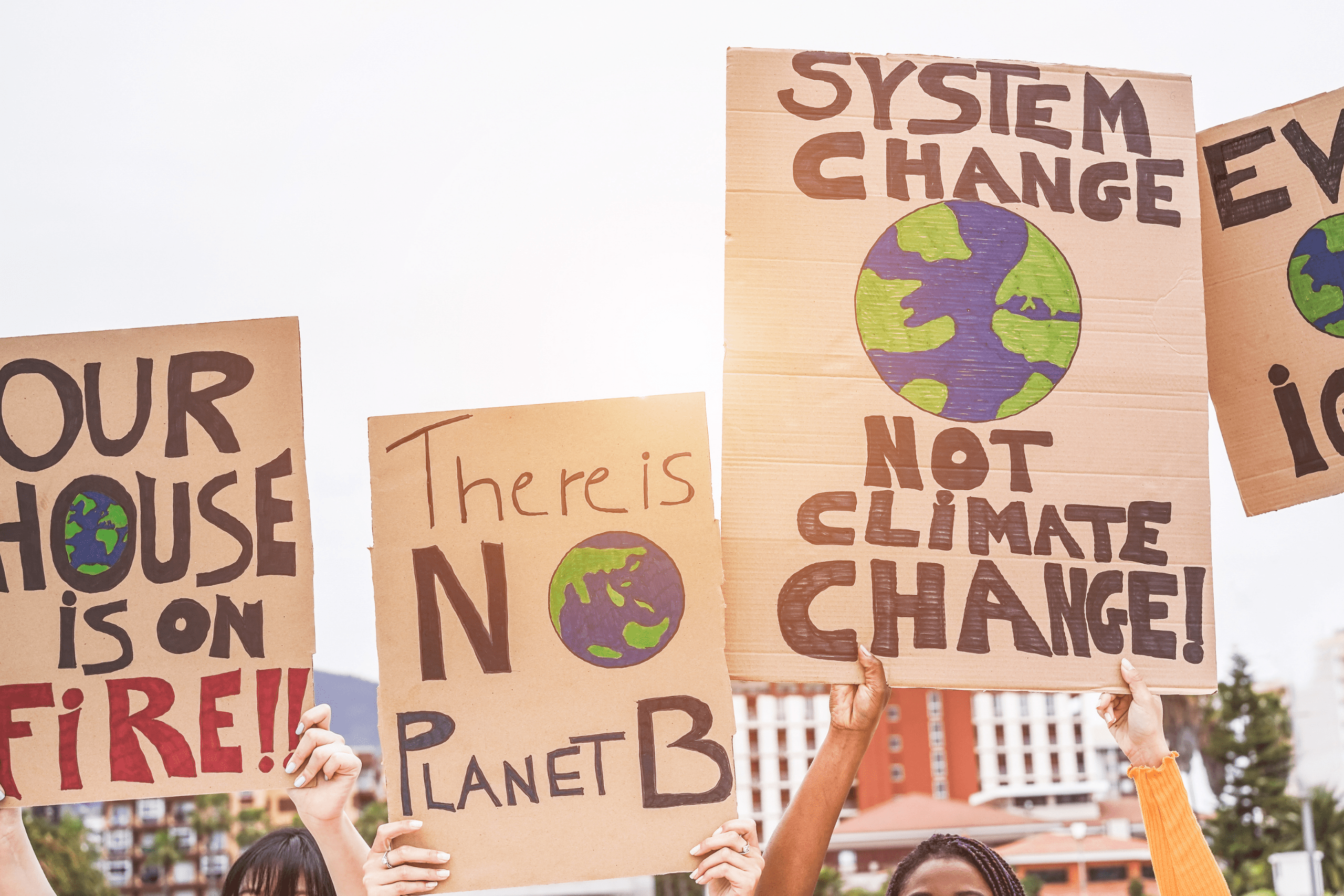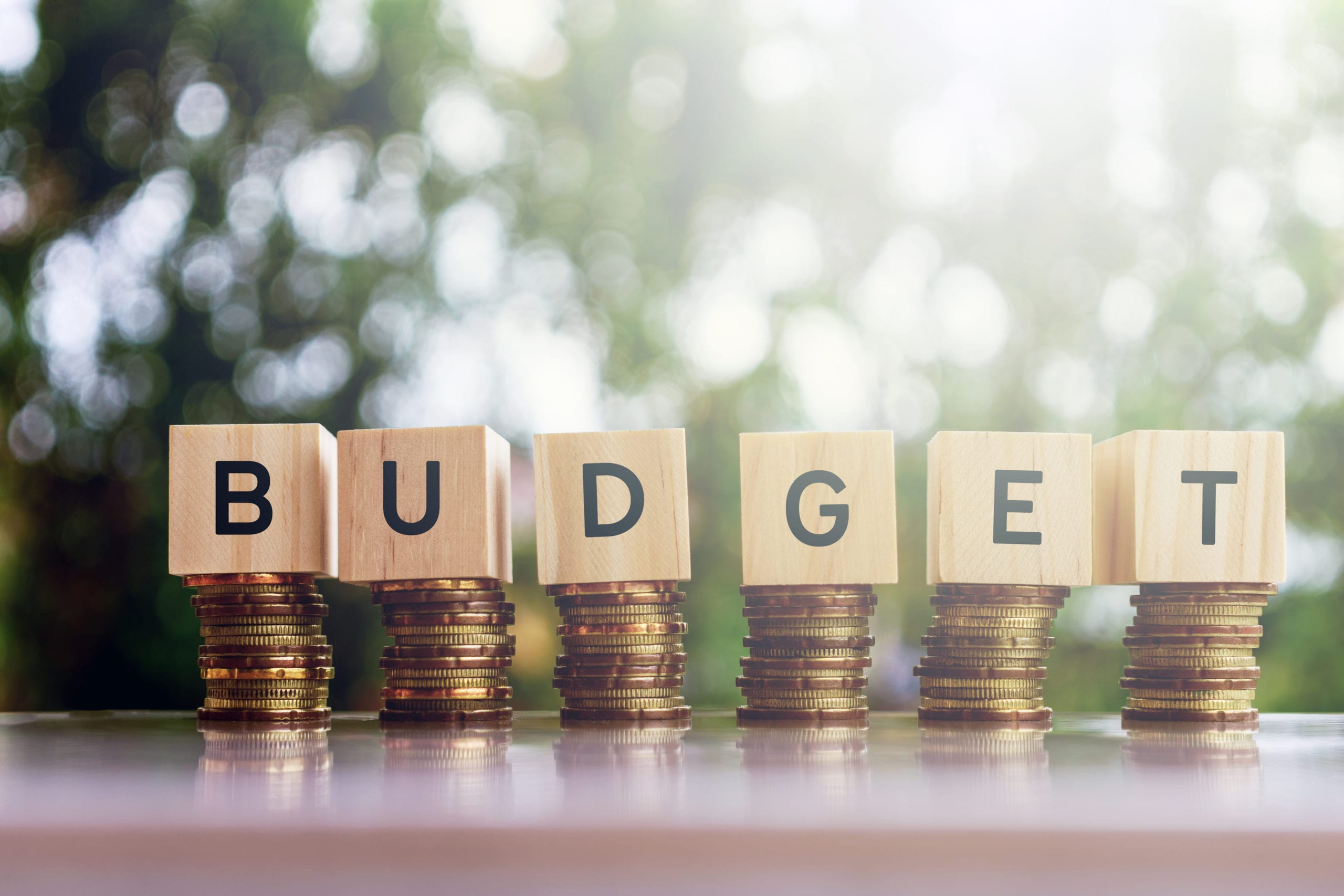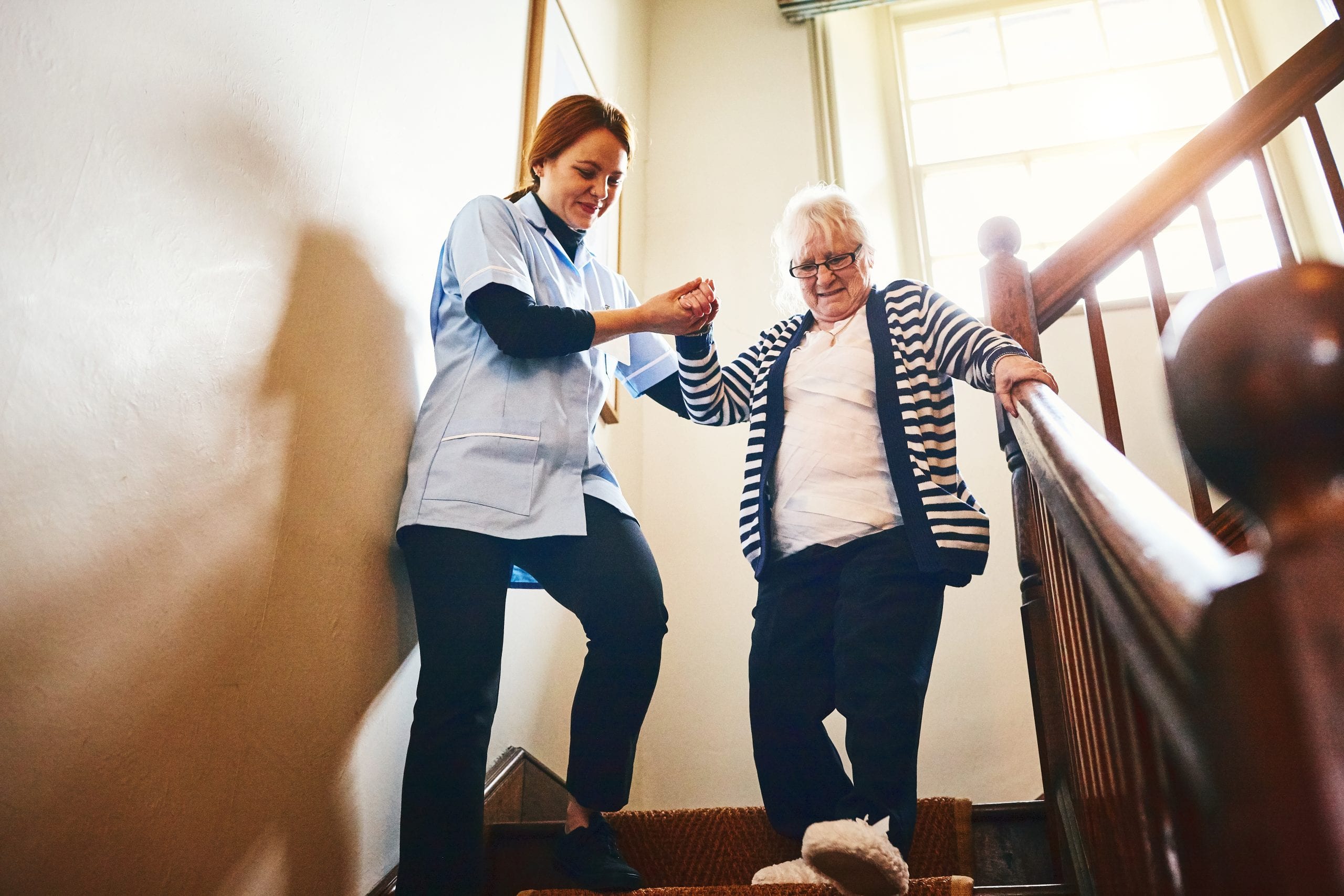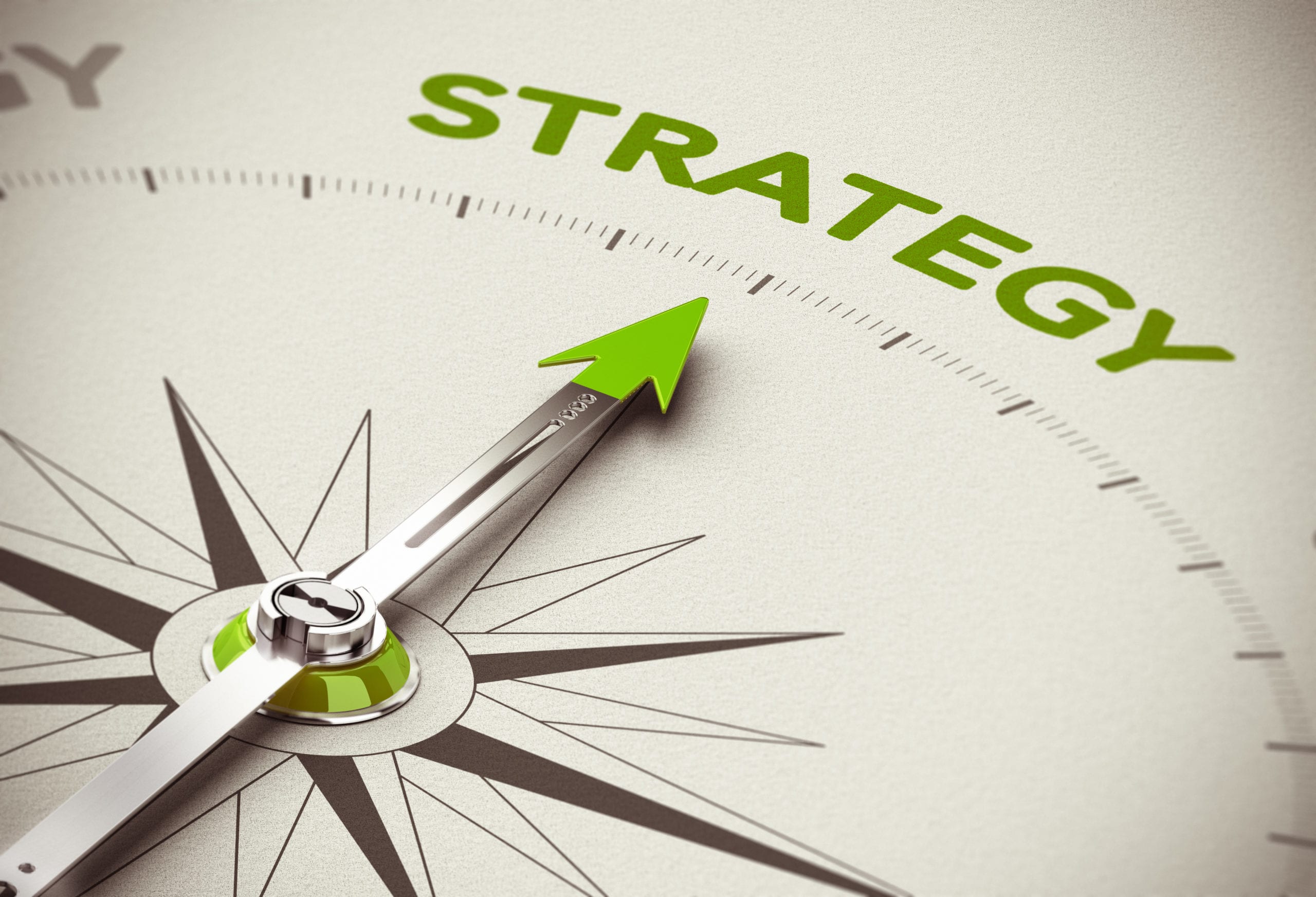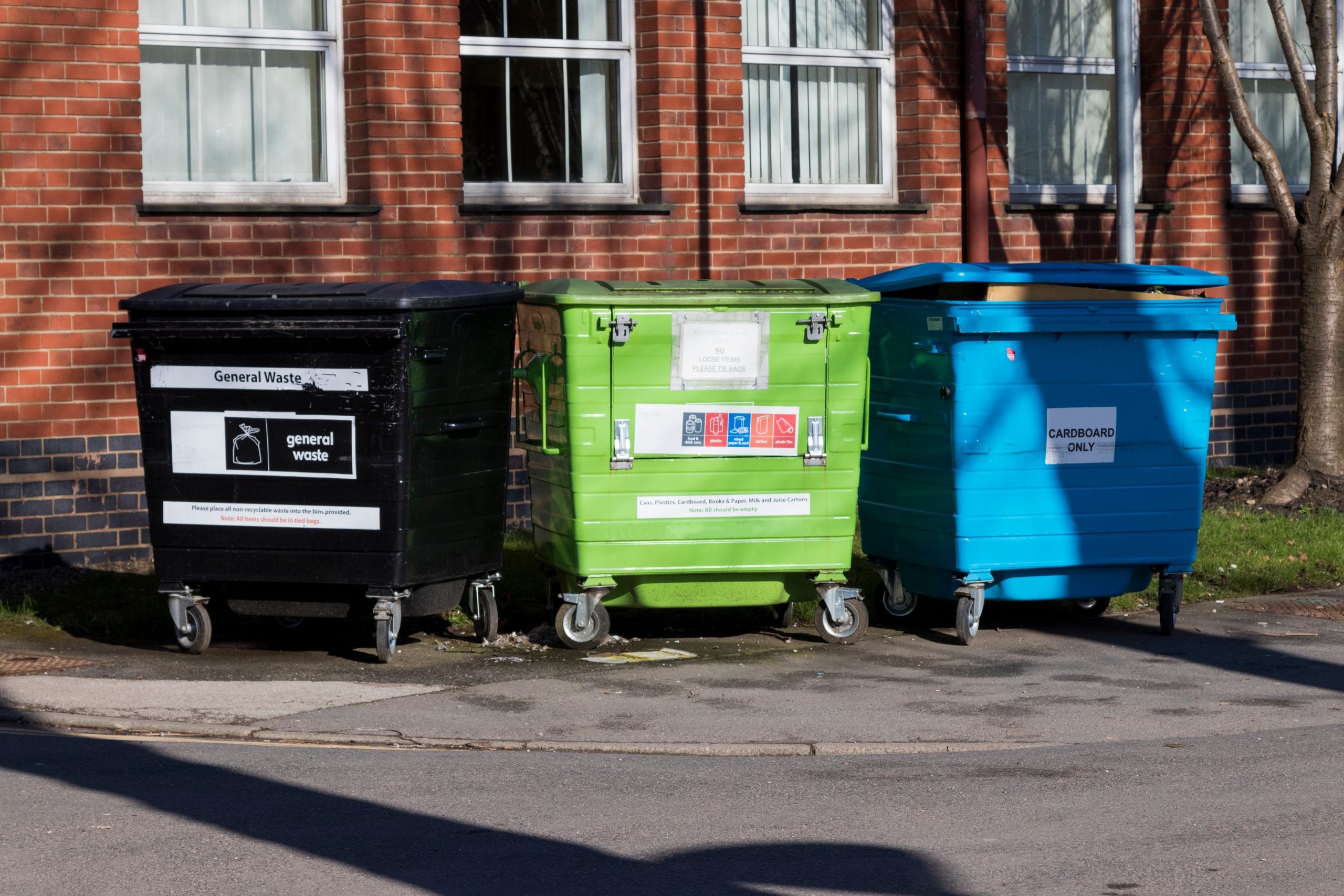Has the Pandemic Depreciated Climate Change?
Published on 03/08/20 | Written by Dr Andrew Larner, Chief Executive at iESE
As I write this column the news is full of speculation about when the second wave of coronavirus will hit. Climate change and our environmental impact has largely taken a back seat, yet the signs are there for all to see.
The Copernicus Climate Change service reported that the average temperature for March to May 2020 was around 10C above normal. In the UK we have seen near record-breaking temperatures, and fires caused by use of throwaway BBQ’s. Even our use of PPE is leading to greater pollution.
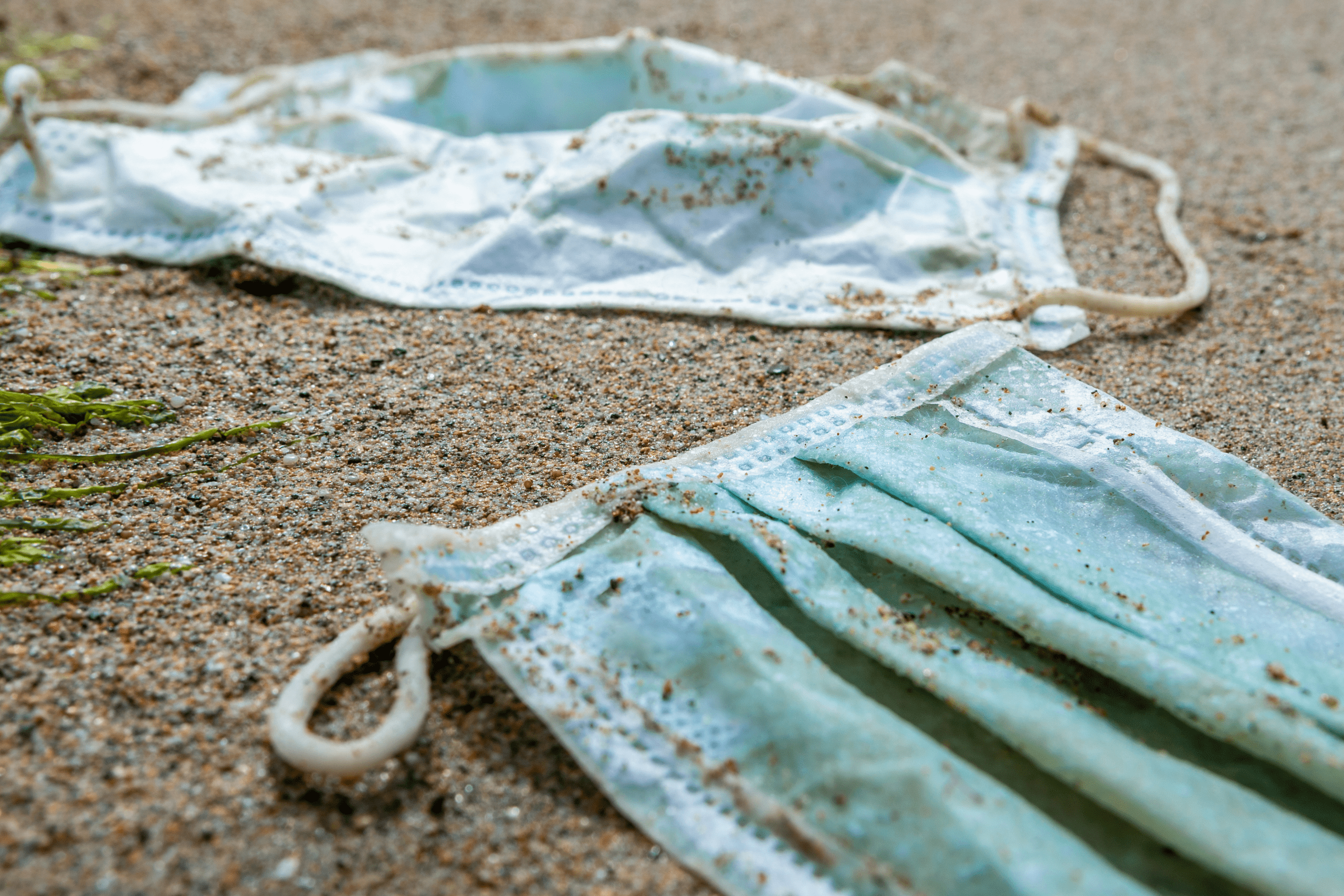
One of the hallmarks of the pandemic response around the world is the ingenuity in both research and solution implementation. Local government in the UK has demonstrated this, but it has also been held back by a failure to import the best practice from other countries. Experience that could make a meaningful difference to the safety of our school children and the health of our local businesses.
With the worldwide development of new cleaning, screening and testing technologies, it is now possible to open schools safely and remove the additional layers of cost that have been built up for additional scheduled cleaning and multiple sets of equipment. We shouldn’t be waiting for permission to do this.
However, we also must not take our eye off the ball of climate change. At a time when we are generating more plastic than ever, we need to apply the same ingenuity that has been applied to the pandemic. Encouraging the rapid transition from research to implementation.
As oil prices remain low due to reduced demand, there is a temptation to pump oil to manufacture new plastic, rather than recycle. If so, our waste will continue to be transported and dumped in the name of recycling. New technology can now breakdown plastic (all plastics not just those we currently recycle) into their original components, recycling the oil and generating a resource for new local manufacturing business. With the price of PPE likely to quadruple this autumn, our ingenuity could save a lot of money as well as reduce our impact on the planet.
If you are interested in getting involved in some of our COVID adaptation research, please contact enquiries@iese.org.uk.
